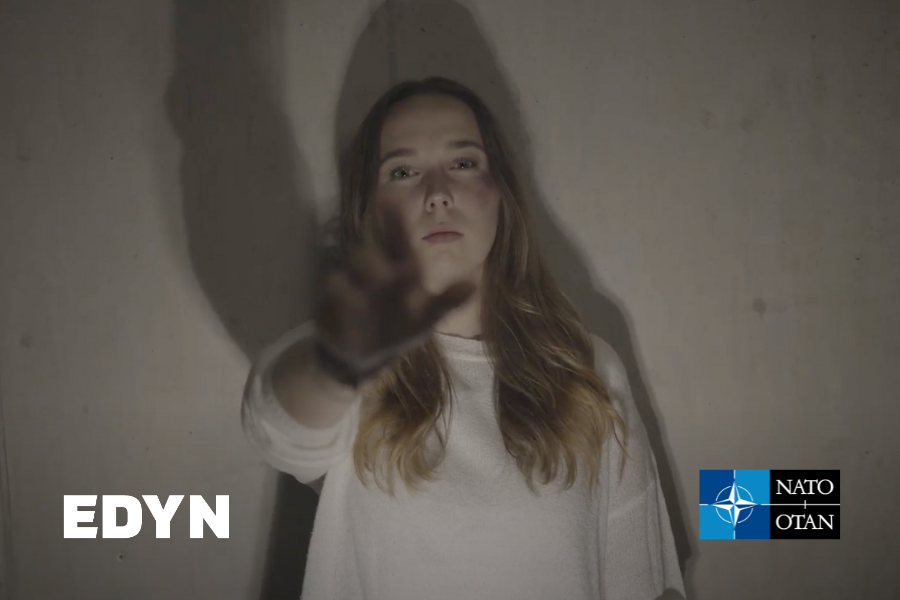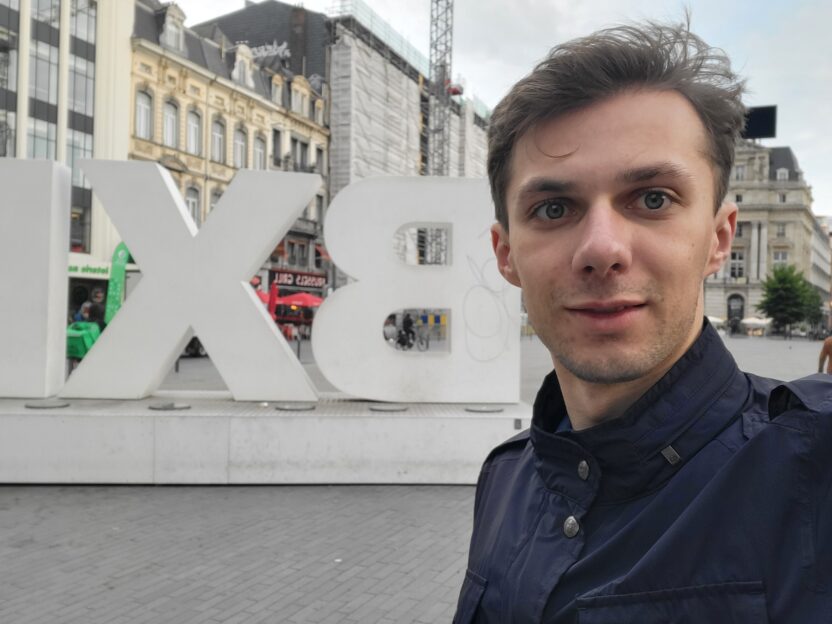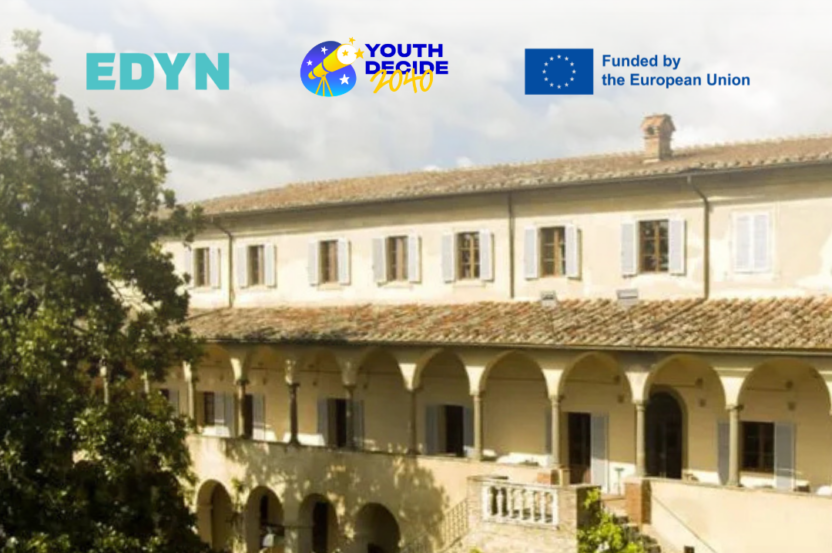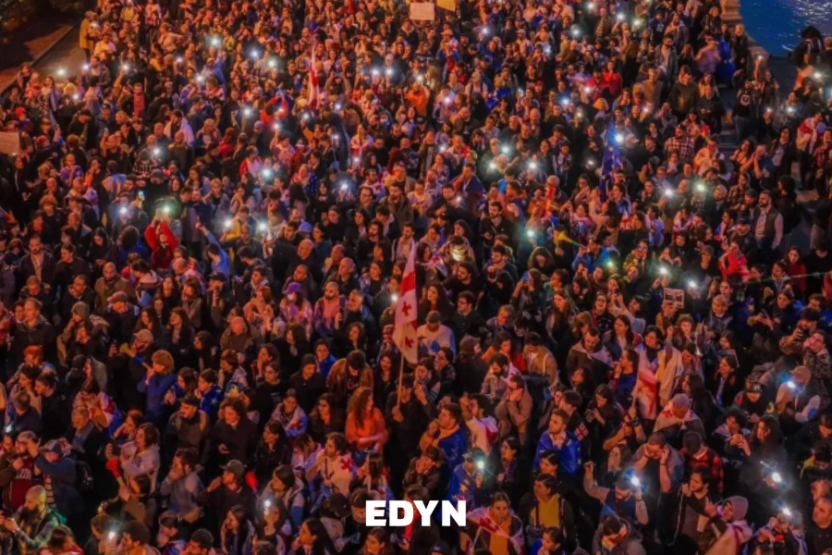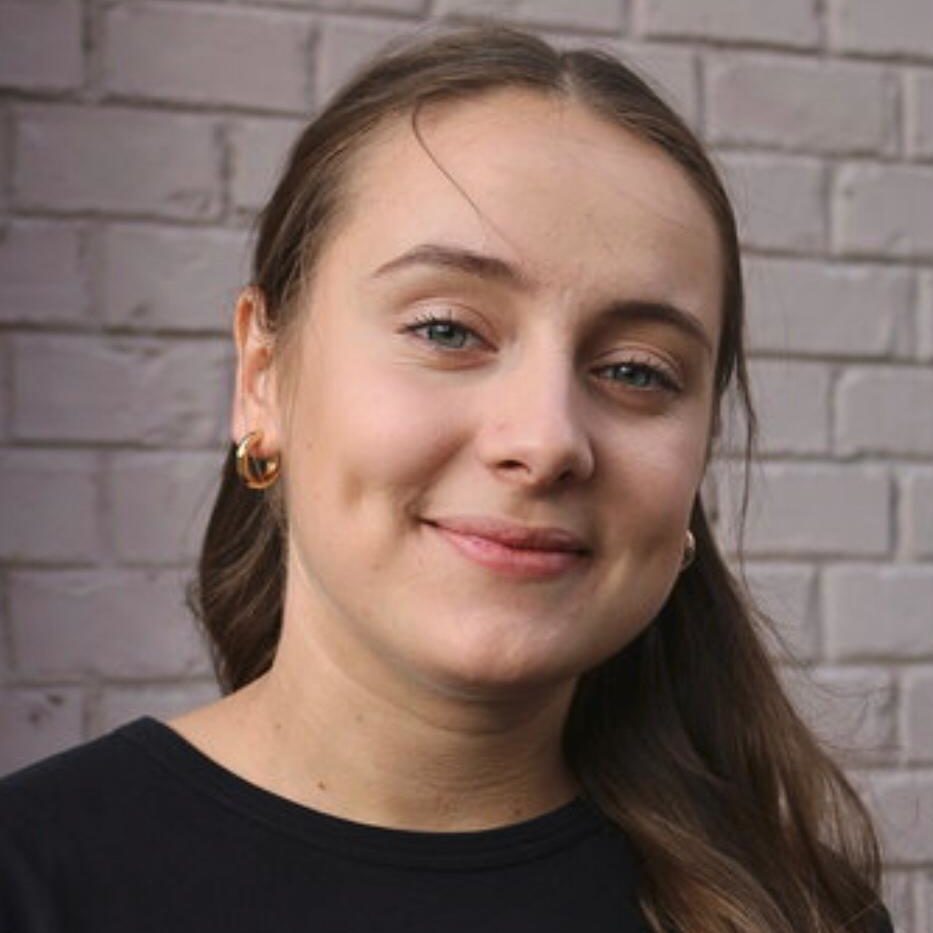The #NOHATEGENERATION campaign, a partnership between the European Democracy Youth Network (EDYN) and NATO’s Public Diplomacy Division, aimed to raise awareness and speak out against violence against women. The campaign focused on utilizing different forms of media to reach a wide audience. The big-scale campaign to fight against violence against women has been launched in Albania, Georgia, Moldova, North Macedonia, Slovakia, and also on global accounts. We localized the main video (with a voiceover in six different languages) as well as the website and captions. People can join by using the AR filter or posting visuals from the media kit with the #nohategeneration.
“According to WHO, globally about 1 in 3 women worldwide had been subjected to either physical and/or sexual intimate partner violence or non-partner sexual violence in their lifetime.” Hate is also violence and hate against women is called misogyny. It is a belief that women are inferior to, less competent, and less valuable than men. We as European citizens have our chance to speak our minds. Let’s stop closing our eyes.
Valeriu Dragalin, previous president of EDYN says “Hatred and its spread, which causes the polarization of society and thus threatens the very foundations of democracy, is one of today’s biggest problems. The goal of our campaign with NATO was to point out that it is the generation of young politicians and activists that can be the carriers of change. The very name of the #nohategeneration initiative pointed to the rejection of hate. I’m thrilled that we managed to get young people in five countries united for the cause.”
Young leaders like USAID-supported @WeareEDYN are standing up against Gender-based Violence (GBV). Their #NoHateGeneration campaign is highlighting the many forms that violence against women can take. #16days https://t.co/RyL7MhbAYm pic.twitter.com/STT6dHoMmU
— Samantha Power (@PowerUSAID) December 8, 2022
The Women, Peace and Security (WPS) agenda was formally introduced by UN Security Council Resolution 1325 in 2000. This was the first effort to link women to the peace and security processes, including affirming their central role in the prevention and resolution of conflicts. Resolution 1325 stressed the importance of equal participation, urging states to ensure women are given an opportunity for full involvement in peacebuilding, security and policing. It also called on all parties to protect women and girls from sexual abuse during or in the aftermath of armed conflict, and address their special needs during repatriation, resettlement, and rehabilitation. While the WPS agenda was initially UN-led, since 2000, its relevance to achieving sustainable peace has gradually been acknowledged by a number of international organizations, including NATO.
It is imperative that NATO policy experts and gender advisors factor in the political and cultural context of any gender programme, and in doing so pay attention to female-lived experiences on the ground. Women in the security sector should be given an opportunity to share their concerns and expectations as this data could serve as a means of enhancing existing WPS (The Women, Peace and Security) policies. Men have long been considered the only relevant focus in armed conflict, and the introduction of the WPS (The Women, Peace and Security) agenda marked a turning point that encouraged states to start reflecting on the different roles female actors play in the security and peace processes, as victims, combatants, caregivers, informants or activists. Research shows that female empowerment is associated with state security and stability, and it is believed that factoring in gender complexities enhances resilience and contributes to combating threats more effectively.
The campaign aimed to achieve certain key performance indicators (KPIs) such as gaining 1,000 new followers and reaching 500,000 people. The campaign was successful in achieving these KPIs and even exceeded them, gaining 1,774 new followers (177.4% of the KPI) and reaching 734,852 people (146.9% of the KPI). The results show that the campaign was successful in raising awareness and promoting the message of rejecting hate. Furthermore, it is important to mention the partnership between EDYN and NATO’s Public Diplomacy Division, as it highlights the support and resources that the campaign had access to, and the importance of international collaboration in addressing such a pressing issue. Additionally, the fact that the campaign was conducted in multiple languages is a demonstration of the organization’s commitment to inclusivity and reaching a diverse audience.
View this post on Instagram
View this post on Instagram
